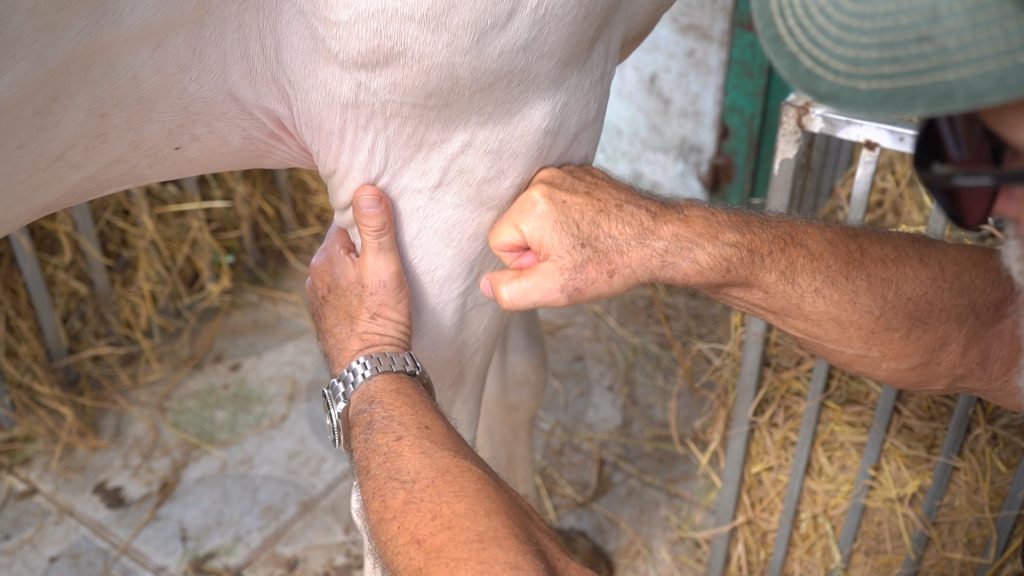
Equine Massage Therapy offers several potential benefits for horses, both physical and psychological. Here are some of the key values of equine massage:
- Muscle Relaxation: Equine Massage therapy helps to release tension and tightness in the muscles, promoting relaxation and flexibility. This can be particularly beneficial for horses engaged in strenuous activities such as training, competition, or work, as it can help prevent muscle stiffness and soreness.
- Improved Circulation: Equine massage stimulates blood flow to the muscles and surrounding tissues, which can enhance the delivery of oxygen and nutrients to cells and remove waste products more efficiently. Improved circulation can support muscle recovery and overall tissue health for your horses.
- Pain Relief: Equine Massage therapy can help alleviate discomfort or pain associated with muscle tension, strains, or injuries in your horse. By reducing muscle spasms and promoting relaxation, massage can provide relief from chronic conditions or acute injuries.
- Enhanced Range of Motion: By releasing tightness and adhesions in the soft tissues, equine massage therapy can improve the horse’s range of motion and joint flexibility. This can be particularly beneficial for horses recovering from injuries or surgeries, as well as for older horses experiencing stiffness or arthritis.
- Stress Reduction: Equine Massage therapy can have calming and stress-relieving effects on horses, promoting a sense of relaxation and well-being. This can be especially valuable for nervous or anxious horses, helping to reduce stress levels and improve overall temperament.
- Bonding and Communication: Equine Massage therapy provides an opportunity for interaction and bonding between the horse and the handler or therapist. Regular equine massage sessions can help strengthen the relationship between horse and human, enhancing trust and communication.
- Performance Enhancement: By promoting physical relaxation, flexibility, and comfort, equine massage therapy can contribute to improved performance in athletic horses. A horse that feels physically and mentally relaxed and comfortable is more likely to perform at its best.
It’s important to note that while equine massage therapy can offer significant benefits for many horses. Additionally, equine massage therapy should be used as part of a comprehensive care plan that includes proper nutrition, exercise, veterinary care, and other forms of maintenance and rehabilitation as needed. Learn more about equine bodywork techniques, including myofascial massage and cranial sacral therapy with Lyons Institute’s Equine Manual Therapy course.
Leave a Reply